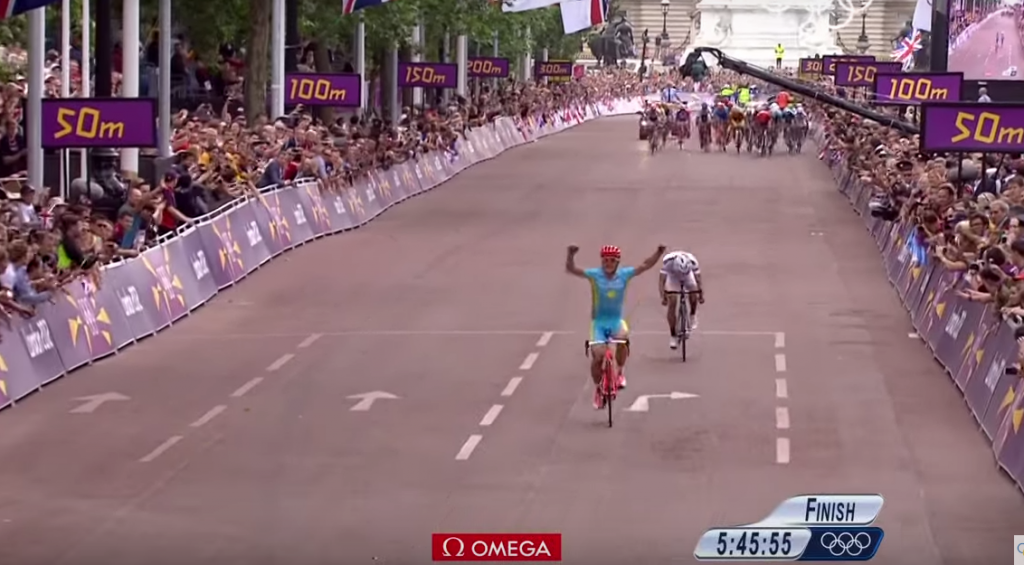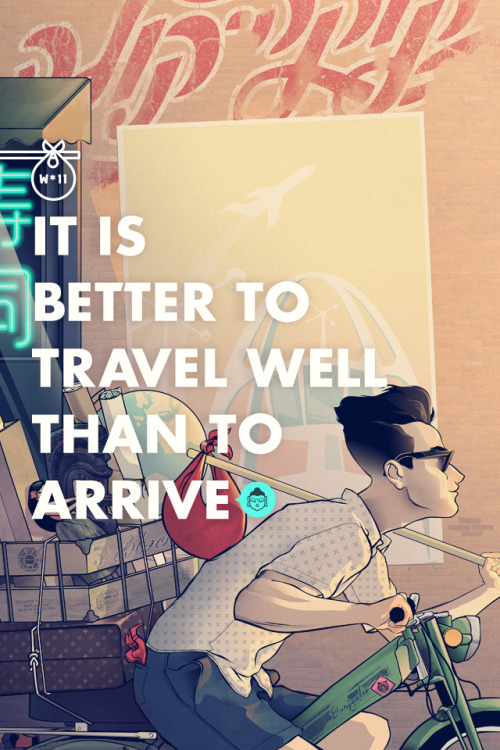
“Work hard, be kind, and amazing things will happen.” ― Conan O’Brien
I came home last night and found one of my roommates making pasta. This roommate had filled up a pot of water. The stove was on low heat. There was already pasta in the pot.
I wasn’t sure if I should groan or laugh.
But I know this is a problem. I’ve seen it with my roommates, all of them young, recent or semi-recent college grads. I’ve seen it with my friends.
You don’t always want to admit it, but it’s true: You have major blind spots when you graduate college. You discover that you have no idea how to hang a framed portrait, or how to change the broken front bulb on your car or — and I still find this amazing, but it really did happen — how to boil water correctly.
There are infinite things you really need to learn now that you’re an adult human. These are the eleven big ones I could think of:
1. Know How To Make Food.
Alright, pasta in eight steps:
1. Fill pot with water. If it’s a medium size pot, fill half or two-thirds of the pot with water.
2. Turn burner to “high.” Keep on high until the water begins to boil.
3. Add pasta to water.
4. Read box. Figure out how long the pasta needs to boil.
5. When it’s done, pour pasta through strainer. Leave a little bit of pasta water left in the pot.
6. Add sauce to that little bit of pasta water.
7. Add pasta to the sauce/water mix. Stir.
8. Remove from pot. Eat.
Cooking is easy. It’s also fun. Buy non-frozen ingredients. Use the stove and the oven. You’ll actually learn something, and your dates won’t mind it either.
2. Own Small Amounts of Things.
The Minimalists have this right. You want to own some stuff, but not too much.
In the 3.5 years since I’ve graduated, I’ve moved six times. That number seems higher than most people I know, but not by much. Owning lots of stuff makes it hard to move. So own less.
You only need to own a few things: Some plates, bowls, utensils and cups. Cookware is nice to have. Sheets and pillows. Some basic technology stuff.
But you really do need to have all that. I have one friend who, until three months ago, owned exactly one plate. Another owned only a fork and spoon. Do not be that person. Own the minimal amount of stuff that you need to exist as a functional member of our society.
What don’t you need? Anything that requires a U-Haul to move: Mattresses, desks, giant framed things. When you move to a new city, you’ll just end up leaving them behind.
3. Show Up and Network.
If you move to a new city, don’t sweat it. You’ll make new friends. You’ll discover new things.
The key is to show up and network. It’ll help you professionally, and it’ll almost make the adjustment to a new city — or just adult life — much easier. Check Meetup.com for things happening that you’re interested in. Go to public events. Ask co-workers for advice.
Good things happen to those who show up. Meet people, exchange numbers — hell, be a little pushy and get yourself invited to things. Being active is a very good thing.
4. Contracts matter.
I have gotten screwed on contracts before. It’s happened with employment contracts and it’s happened with contracts for apartments.
Before you sign anything, read it through with your boss/landlord. If you have a friend or family member with a law background, ask them for advice.
Do not sign something until you know what it says. Ask lots of questions.
You do not want to be caught by surprise — and caught in the middle of a legal battle. It’s a pain to deal with upfront, but it’ll save you time, money and aggravation down the road.

5. Manage Your Money.
If you’ve just moved to a new city — especially, like I once did, from a little college town to a big city — prices are going to surprise you. Everything costs too much, and you’re in an entry level job that doesn’t pay jack.
Know where you stand financially. Use the free tools at your disposal. Save. Be frugal.
Seek help with your taxes. Yeah, mom and dad decided they’re not doing them for you anymore. Learn how they work. The IRS doesn’t care that this is your first Tax Day.
And get a credit card. Treat it like a debit card — only spend what you can pay off at the end of the month. Do that and you’ll stay out of credit trouble.
Plus, you’ll start to build credit for when you actually need it — like when you buy a home or a car.
6. You’re An Adult Now — Dress Like One.
Own a suit. Own nice shoes. Get real dress socks, and get a bag that you can actually bring to work. (I’m a fan of Timbuk2u’s bags. That LL Bean backpack you got in 7th grade can stay in your closet for now. Sorry.)
If you want to be treated seriously, the first step is dressing like you belong in the adult world. You don’t have to look like you stepped out of a Bloomingdale’s catalog. You do have to put away the hoodie. (Again: Sorry.)
7. A Good Roommate — Be One.
Be clean. Don’t be loud. Do some chores. Don’t eat the leftovers that your roommate brought home.
And if there’s a problem, deal with it head on — and respectfully. Conflicts don’t get solved via Post-Its left on the fridge.

8. Know Where and How To Get Things Fixed.
Find yourself a toolkit — hammer, screwdriver, wrench, scissors. You’ll need it.
And for big things — your car, your appliances, your electronics — know in advance where you can get them fixed. When your car breaks down, that’s a bad time to go shopping for a good mechanic. Do it as soon as you can.
9. Seek Advice — And Listen Well.
Find people at work — or in your city — who can mentor you. Ask tons of questions.
You’re young. You don’t have all — or most — of the answers. You’ll need help.
So ask. Like 98 percent of recent grads, you probably have only a vague idea of what you should do with your life. You don’t have to pretend to be someone who’s got it all figured out.
Ask questions, and find role models who can help shape you and your future. Be willing to learn, and you’ll find there’s lots you still need to know. College, sadly, has left a few things out.
10. Work Hard.
This is the corollary to no. 6. You need to dress the part, and then you need the work ethic to match. If you want more responsibility in this world, you can either:
A. Be born into it, or
B. You can earn it.
Show up on time. Meet deadlines. Be respectful of your bosses. Do work you can be proud of.
11. Make Time For The Things And People You Love
I’ve said this many times before. Look: Adult life is hard. If you don’t make time for those people and things, it’s going to suck.
Work is hard. Adult life is — at best — insanely confusing.
So find what you love, and make time for it. When everything else overwhelms you, you need those people and things to keep you grounded and happy.
>>What else am I missing from this list? Send me your suggestions on Twitter to @danoshinsky.
That lovely photo of pasta comes via @shoval_peretz_94. The piggy banks are from @antonio301. The toolbox is via @luckylittlegirl. Also: A shout-out to Jordan Hickey for helping talk through some of the ideas in this post.













